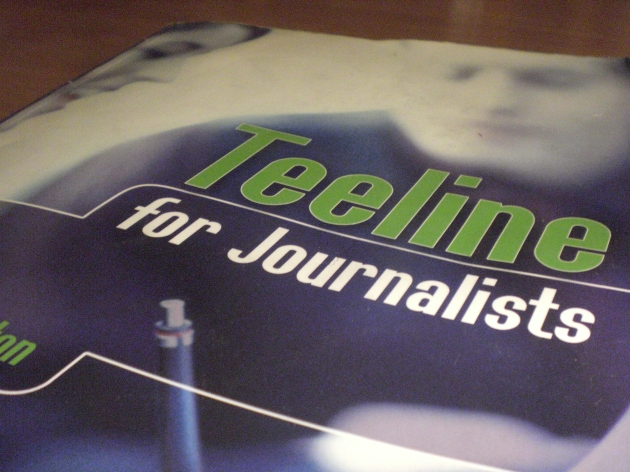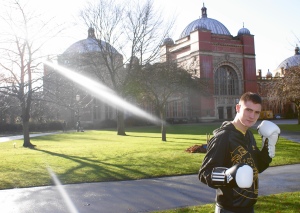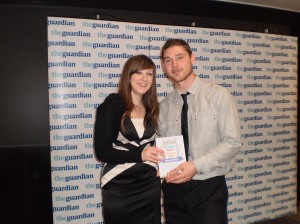You will want to learn shorthand after reading this post
December 2, 2010 10 Comments
There aren’t many topics within journalism that divide opinion like shorthand. Some think it’s valuable, others a waste of time. UK journo degrees place a lot of emphasis on it; those in the US don’t really teach it at all.
We could debate till the cows come home about whether or not it’s a useful skill in the context of 21st century journalism. Yes, journalism on a wider scale does not rely on it every day but covering courts and councils is still important locally. Both sides have very strong arguments.
What is perhaps more pertinent is whether we should be spending as much time on learning shorthand as journalism courses currently demand? At City, we spend six hours a week in the class (and countless others practising outlines and speed tests) whilst short courses like the News Associates NCTJ course at Wimbledon spend between 3-4 hours a day on it. Even if shorthand is worthwhile skill, is it so necessary that we spend half of our working hours poring over a textbook, trying to learn little squiggles?… Again debatable.
What is beyond debate though is the following two stories I was told recently, which go some way to underline the importance of shorthand.








X-Factor? I’m A Celeb? They’re all much better on Twitter
December 6, 2010 by The Maverick 4 Comments
Reality TV is the pop culture people love to hate. Beyond hate.
People revel in performing intellectual snobbery upon its formulaic structure and money-grabbing associations. And yet it’s one of the main reasons behind the readerships of glossy weeklies at this time of the year. More interestingly, the entertainment level of this years’ crop of weekend shows has risen for those who watch with an accompanying laptop: Twitter has made the un-watchable essential viewing.
As a culture, arts or comment journalist, you should already be aware of this networking phenomenon.
Picture courtesy of Shane Chapman
And so much more besides. The secret behind any good comedy quiz show is the banter that surrounds a few irrelevant questions. The same principle applies to Cher Lloyd, Anne Widdecombe, and Stacey Solomon’s antics. What they have in common, beyond the fact they have subjected themselves to the scrutiny of millions of TV viewers is they have also all got hashtags on Twitter (#cher, #widdecombe, #stacey) and are now under the examination of millions of fans, viewers and – essentially – journalists.
The witty tweets about them become more important than what they do on the show.
Because on weekend evenings, these four hours of often underestimated reality TV bring together critics professional and unprofessional alike. With a transatlantic time difference I have been gaining my X Factor experience across the pond by following them since September. Now back in Britain, I spent this past Saturday night in joining the Twittersphere and voicing my opinion, minute by minute, alongside thousands of other 140-character comments.
Read more of this post
Rate this:
Filed under Advice, Comment, Online journalism Tagged with @, hashtags, journalism, journalists, making contacts, Maverick, national, Twitter